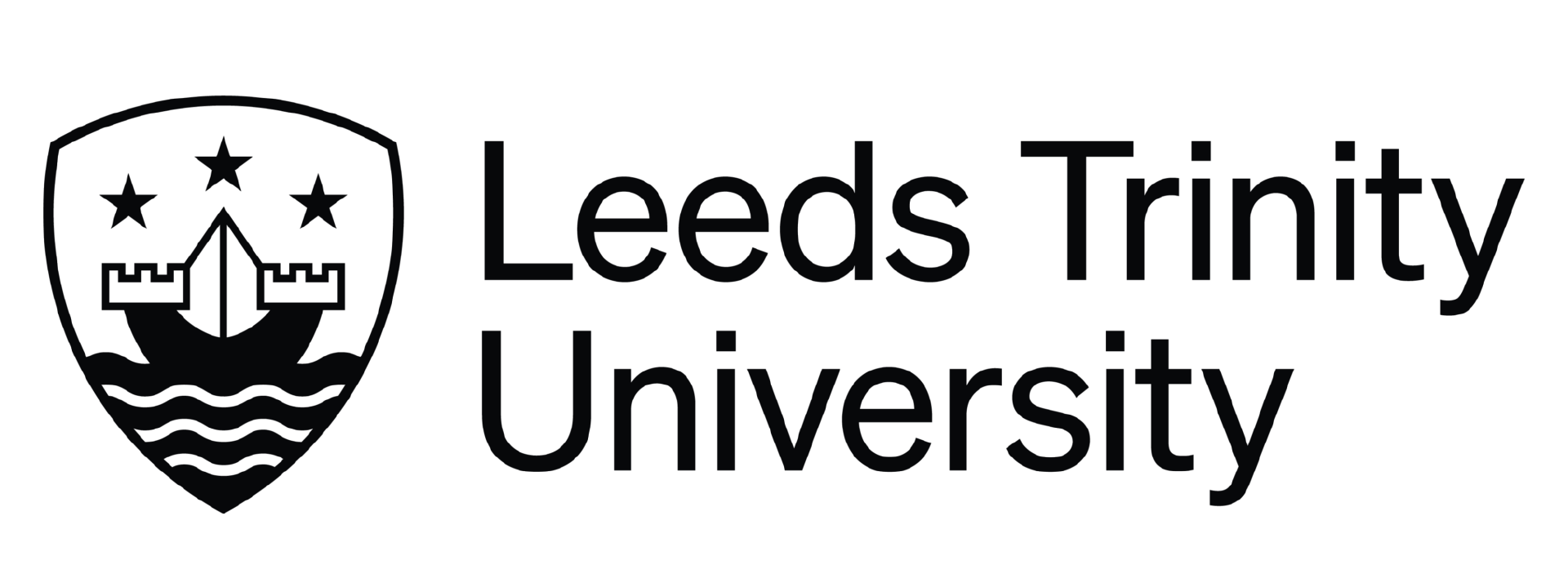This is the write up of the key discussions and recommendations from the breakout group discussions at the 11 July 2024 YU conference: ‘Overcoming employer challenges and championing graduates across Yorkshire’.
Key questions:
- What are the levers of devolution that can support graduate opportunities?
- What are the levers of devolution that can support graduate opportunities?
- What can we do together as a region?
The new Labour Government has given a commitment to kick-start economic growth as part of a drive to increase overall productivity. How this plays out within and across different local and regional economies and communities is likely to be uneven and requires a series of national and devolved government and private sector tools and investments.
Mayoral Combined Authorities (MCAs) have limited direct control over higher education in England, but Mayors can enable and create the conditions, in partnership with universities, as civic anchor institutions, to encourage greater investment and return in research and innovation, higher and technical skills development, and enterprise start-ups and business growth and expansion.
These sessions discussed how universities collected, supported by YU, are working and could strengthen their collaboration with MCAs and local authorities, acting as place-makers, to attract and retain talent in Yorkshire. And how, through the experimental and visionary use of MCA long-term Gainshare funding, model can be tested, evaluated and lessons shared within and across the region, on how to better match graduates with business and sector opportunities.
The conference drew out valuable learning across the UK in academic-local government partnerships, as well as the cross-sector benefits of collaboration to both organisations and to places. However, it is still the case that in many regions these partnerships are in their early stages. Benefits are definitely being demonstrated, and these are only likely to grow as relationships both mature and the outcomes of collaboration are seen.
In terms of next steps and medium-term objectives, academic institutions and partnerships may want to consider the following:
- Engagement with partners and regional and local anchor institutions beyond local government: In many localities NHS spend is at least the same as local councils, and the 3rd sector plays an increasing role in public service provision.
- Clarifying the role of embedded/engaged academics: Are they consultants or (as probably would be more valuable in many cases) ‘connectors’ for public service providers to engage and draw from the wider pool of academic expertise? Also, are engaged academics working with public service providers primarily providers of research and evidence for policy, or can they more actively help to co-produce policy that benefits their places and regions?
- Greater understanding of public service providers needs and ambitions: If academic collaboration can maximise the added value to local places and local partners, there is a need for both short and long-term thinking and commitment from academic institutions. Key to this is understanding both the ambitions and cultures of public service providers, as well as national, regional and local drivers for both their policy direction and actions.
- Test and share models: Through the experimental use of long-term MCA Gainshare funding, universities can test innovative models for matching graduates with local business opportunities, sharing lessons regionally.
These recommendations focus on strengthening academic-local government partnerships to drive regional growth and increase collaboration, particularly by leveraging universities’ research, innovation, and skills.
Contributors and presenters:
- Neil Barnett, Y-PERN Policy Fellow, Leeds Beckett University
- Helen Hawxwell, Adult Upskilling Manager, West Yorkshire Combined Authority
- Paul Hayes, Senior Policy Engagement Fellow, Leeds University Business School
- Dr Peter O’Brien, Executive Director, Yorkshire Universities
Related resources:













